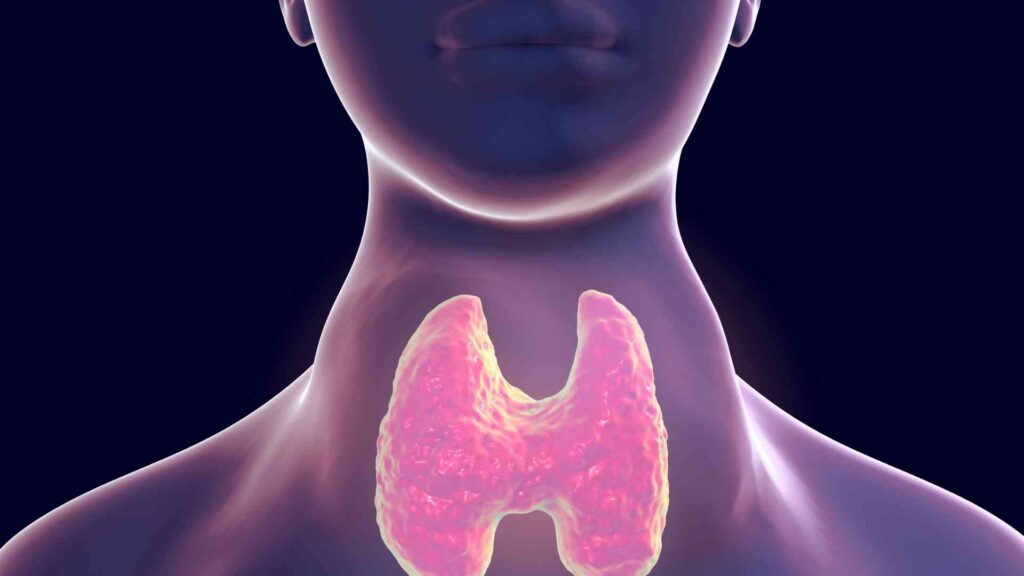Discover comprehensive information for all aspects of sexual health and find resources and guidance to empower your sexual well-being.
Erectile dysfunction (ED) is a condition that many men face at some point in their…
Discover comprehensive information for all aspects of sexual health and find resources and guidance to empower your sexual well-being.
Erectile dysfunction (ED) is a condition that many men face at some point in their…
Erectile dysfunction (ED) is a common condition that affects men of all ages, impacting their…
Painful erections never indicate normalcy, and sometimes signal a medical emergency. Severe pain may necessitate…
Erectile dysfunction (ED) means having trouble getting or keeping an erection that’s good enough for…
Achieving and maintaining a strong penile erection is a common concern for many men. It…
Erectile dysfunction (ED) is a common condition affecting men, often characterized by the inability to…
Commitment issues can often manifest in romantic relationships, work, and other personal or professional spheres.…
Hypothyroidism, a condition where the thyroid gland doesn’t produce enough thyroid hormones, affects millions worldwide. One of its most common and distressing symptoms is unexplained weight gain. But why does this happen? This article delves into the science behind weight gain in hypothyroidism.
Table of Contents
Toggle
First, let’s understand the thyroid gland’s role. Situated at the base of your neck, this gland regulates your metabolism through the release of hormones.
Metabolism is the process by which your body converts what you eat and drink into energy. The hormones produced by the thyroid gland, primarily thyroxine (T4) and triiodothyronine (T3), are crucial for maintaining a healthy metabolism.
Related: What Is Metabolism: Meaning And Significance
In hypothyroidism, the reduced levels of T3 and T4 slow down the body’s metabolism. This slowdown affects how your body processes food, leading to several effects that contribute to weight gain:
With a slower metabolism, your body burns fewer calories at rest. Normally, even without exercising, your body burns calories to maintain vital functions like breathing and circulating blood. However, hypothyroidism reduces this baseline calorie burn, making it easier to gain weight even if you haven’t changed your eating or exercise habits.
Related: How To Increase Metabolism For Weight Loss: A Complete Guide
Hypothyroidism can cause your body to retain more water and salt, which can lead to weight gain. This isn’t fat gain but can still contribute to a higher number on the scale and a feeling of bloatedness.

The tiredness and lethargy associated with hypothyroidism can result in decreased physical activity. When you’re feeling too tired or sluggish, you’re less likely to engage in exercise or even daily movements that burn calories, contributing to weight gain over time.
Studies suggest that hypothyroidism can change your body’s composition, increasing fat mass while decreasing lean mass (muscles). Since muscle tissue burns more calories than fat tissue, this shift can further slow down metabolism.

Managing weight gain in hypothyroidism involves a few strategic steps:
Weight gain in hypothyroidism is the result of a complex interplay between slowed metabolism, changes in body composition, and lifestyle factors like diet and exercise. Understanding these mechanisms is the first step toward managing and mitigating the impact of hypothyroidism on weight. With proper treatment and lifestyle adjustments, it’s possible to achieve a healthy weight and improve overall well-being despite the challenges of hypothyroidism.
Dr. Nishtha, a medical doctor holding both an MBBS and an MD in Biochemistry, possesses a profound passion for nutrition and wellness. Her personal journey, marked by significant struggles with physical and mental health, has endowed her with a unique empathy and insight into the challenges countless individuals face. Driven by her own experiences, she leverages her background to offer practical, evidence-backed guidance, empowering others on their paths to achieving holistic well-being. Dr. Nishtha truly believes in the interconnectedness of the mind and body. She emphasizes the significance of understanding this connection as a crucial stride toward attaining balance and happiness in life.

